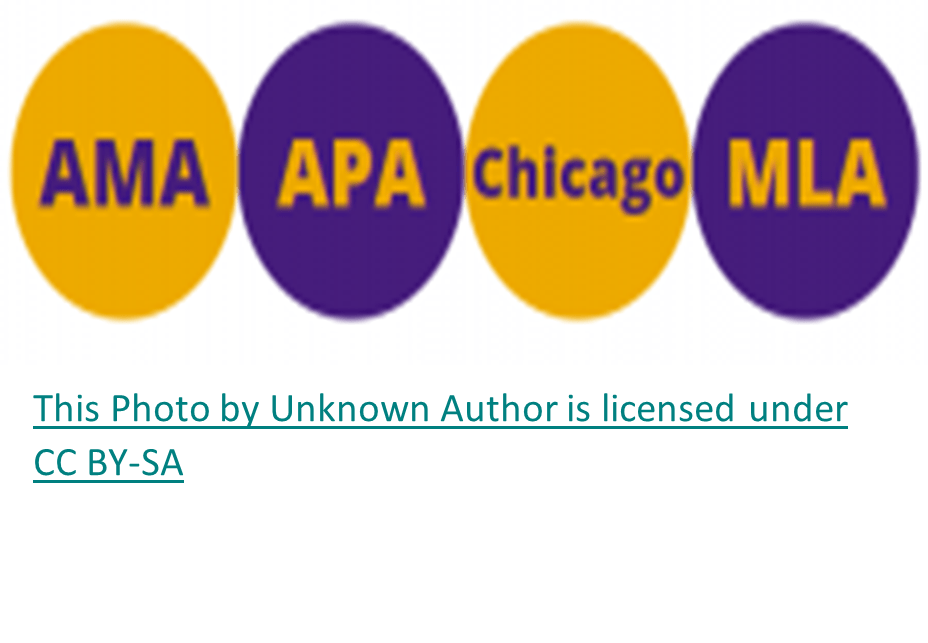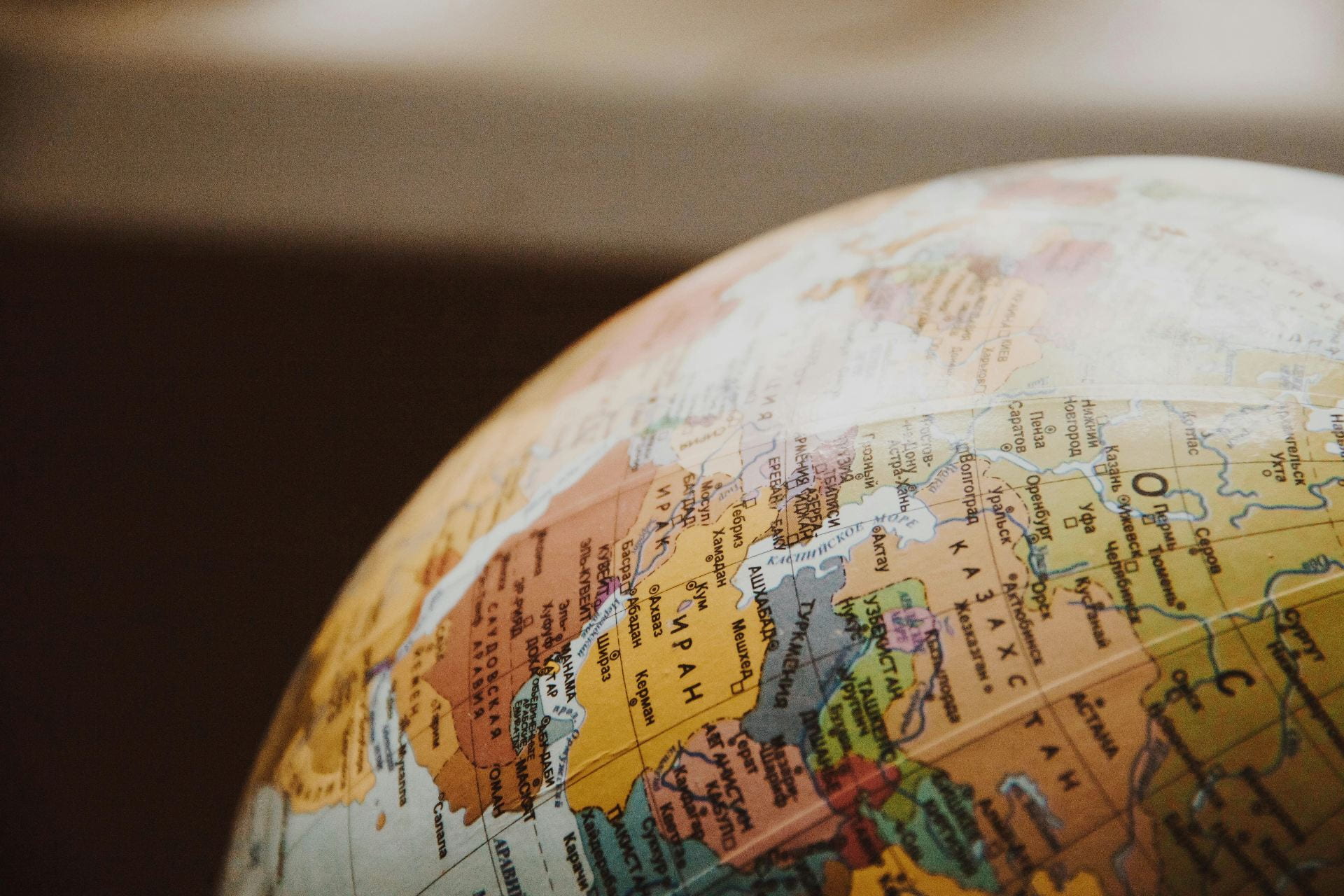Fall 2024 was a busy semester in research and publishing! Here are some of the accomplishments of our researchers:
The Center for Portuguese Studies and Culture announced three new publications from Tagus Press: The Undiscovered Island by Darrell Kastin, Migration, Mill Work, and Portuguese Communities in New England edited by Cristiana Bastos, Bela Feldman-Bianco, and Miguel Moniz, and Leaving Pico by Frank X. Gaspar.
Dean of the School for Marine Science & Technology Kevin Stokesbury co-authored an article titled “Anticipating the winds of change: A baseline assessment of Northeastern US continental shelf surficial substrates (2024-07-26)”. This study provides insights regarding substrates in offshore wind farms compared with other locations and how those environments are affected.
Professor Avijit Gangopadhyay (Estuarine & Ocean Sciences) co-authored an article, “Enhanced coastal upwelling indices for Moroccan Atlantic Coast, their force–response variability and sensitivity to extreme events between 1993 and 2021″. This study links seasonal to interannual variability of Moroccan upwelling.
Associate Professor Nikolay Anguelov (Public Policy) co-published an article “Keeping the academy queer: Lessons from the queer community for the future of public affairs education.” The article uses heteronormativities, creative class, and queer geographies better to understand the current state of the LGBTQIA+ community and explore the heteronormative and cisnormative assumptions about the community.
Assistant Research Professor Lauran Brewster (Fisheries Oceanography), Professor Steve Cadrin (Fisheries Oceanography), and Fiona Edwards (Fisheries Oceanography MS Candidate) co-published an article titled “Multispecies Portfolios of U.S. Marine Fisheries: Ecosystem-Based Fisheries Management Reduces Economic Risk.” This article suggests using a portfolio optimization approach to manage fisheries, considering species interactions and economic factors.
Assistant Professor Geoffrey McDonald (Law) was featured in an article discussing the effects of a provision of the state’s housing bond bill. The article discusses a provision in the state’s housing bond bill that seals eviction records for tenants who faced no-fault evictions, won cases or had cases dismissed in housing court
Joshua Carberry (Engineering and Applied Science Doctoral Candidate) recently published a paper titled “Real-Time Rejuvenation Scheduling for Cloud Systems with Virtualized Software Spares” in the Journal of Systems & Software. The paper proposes a hybrid approach to combat Mandelbugs in cloud systems.
Commonwealth Professor Dan Braha (Decision & Information Sciences) wrote an article about the measurable patterns of civil unrest within society by applying Physics concepts to social phenomena.
Assistant Teaching Professor Donna Demanarig (Psychology) recently co-published “Mending Fragile Alliances to Fight Racism: A Developing Framework for Cross-Racial/Ethnic Solidarity” in American Psychologist. The article posits a framework to provide a foundation for research, training, clinical, and community work toward an interdisciplinary approach to cross-racial/ethnic solidarity accompliceship.
Ian Gifford (Physics MS Candidate) and Professor Avijit Gangopadhyay (Estuarine & Ocean Sciences) recently co-published “Synchronicity of the Gulf Stream path downstream of Cape Hatteras and the region of maximum wind stress curl” in Scientific Reports. The article, based on Gifford’s Master’s Thesis, discusses wind patterns and their impacts on Cape Hatteras.
Emeritus Professor Fahri Karakaya (Management & Marketing) was interviewed in an article about bank bonuses and customer habits regarding switching banks.
Associate Professor Jennifer R. Mammen (Adult Nursing), Assistant Professor Mirinda Tyo (Adult Nursing), and Clinical Assistant Professor Joyce Cadorette co-published “Understanding what aspects of Parkinson’s disease matter most to patients and families” in Scientific Reports. The article examines what is important to people with Parkinson’s disease vs. family over time through a qualitative content-analysis online survey.
Assistant Teaching Professor Basil H. Aboul-Enein (Health & Society) co-published “Humor and Laughter in Health Promotion Interventions and the COVID-19 Pandemic: A Cross-Disciplinary Narrative Review” in Alternative Therapies in Health and Medicine. The article explores perspectives and research findings of studies on the role of humor and laughter in health promotion and direct care interventions throughout the COVID-19 pandemic.
Ancil Alexander (’28, Arts & Sciences Undergrad) was featured in a piece about his journey as a football player after only playing the sport for one year at Taunton High School.
Professor Doug Roscoe (Political Science), Dean of the Honors College Amy Shapiro, and Associate Professor Brian Ayotte (Psychology) co-published “Domains of baseless belief and the characteristics of believers” in Social Science Quarterly. The article looks to determine if there are discrete domains of baseless beliefs and to identify the psychological and cognitive factors most closely associated with each type.
Professor Tim Walker (History) was featured in an article for his project on historical weather data from antique whaling ship logbooks. The project uses historical data to create more accurate climate models and better understand how climate continues to change.
Professor Anupama Arora (English & Communication, Women’s & Gender Studies) co-published “Pathaan, precarity and the Muslim question in neoliberal India” in New Cinemas: Journal of Contemporary Film. Arora also co-edited the journal. The article focuses on the 2023 blockbuster action spy-thriller Indian film Pathaan and what it says about stars, fandom, masculinity, neoliberalism, and precarity in Bollywood.
Professor Brian Glynn Williams (History) discussed the recent missile attacks between Iran and Israel in an article by WCVB. “I just think this is a historically dangerous moment,” said Williams.
Professor Stacy Latt Savage’s (Art & Design) “Sculpture Monster” project was featured in FiberNow magazine. “Sculpture Monster” was created with over 30,000 plastic “nips” bottles. Partnering with “Be the Solution for Pollution,” Latt Savage, fellow artist Rebecca McGee Tuck, and UMassD students showcased the sculpture at New Bedford’s Earth Day parade to raise awareness about plastic pollution.
Assistant Teaching Professor Basil H. Aboul-Enein (Health & Society) co-published “Effectiveness of nutrition interventions targeting university-level student populations across the League of Arab States: a systematic scoping review” in Global Health Promotion. The article examines and appraises the effectiveness of nutrition interventions in university student populations across the League of Arab States.
Executive Director of Economic Development and Community Partnerships Michael Goodman was featured in an article about the workforce trends related to home healthcare and the influx of migrant workers from Haiti.
Associate Professor Jennifer Mammen (Nursing), Assistant Professor Miranda Tyo (Nursing), and Joyce Cadorette (Adult Nursing Doctoral Candidate) were featured in an article for their study titled “Understanding what aspects of Parkinson’s disease matter most to patients and families.” This study seeks to determine important differences between family and patient perspectives of what matters and changes over time with Parkinson’s disease.
Associate Professor Stephen Witzig (Education), Rachel Stronach (STEM Education Doctoral Candidate), Usman Ijaz (STEM Education Doctoral Candidate), and Shah Syed Wazir (STEM Education Doctoral Candidate) were featured in a Chronicle segment for their engagement in a climate science learning project at the Lloyd Center for the Environment.
Professor Mark Paige (Public Policy) discussed the issues surrounding school districts’ use of nondisclosure agreements (NDAs) to protect student privacy while maintaining transparency and employees’ rights to speak out.
Professor Doug Roscoe (Political Science) discussed the common phenomena in Massachusetts of unopposed incumbents, particularly in New Bedford’s state Legislature races, which can lead to a lack of competition.
Professor Brian Glyn Williams (History) was interviewed on the recent killing of a top leader of Hamas and the potential impacts on the region.
Akira Harper (STEM Education Doctoral Candidate) was featured in an article for participating in the University of Buffalo’s Visiting Future Faculty program. This initiative aims to showcase the impact that scholars from traditionally underrepresented populations in North America have on higher education.
Associate Professor Nikolay Anguelov (Public Policy) co-published “Recycling waste macadamia nut shells as a low hydrothermally engineered activated carbon for the efficient removal of a RIT navy blue textile dye from aqueous solutions” in Materials Research Express . The paper provides an overview of commercial textile dyeing technologies, the carcinogenic pollution their use causes, and the extant filtration technologies for textile dye wastewater, which are largely inefficient and expensive.
Assistant Teaching Professor Basil Aboul Enein (Health & Society) recently co-published an article titled “Effectiveness of Cartoons Comics and Animation-Based Sexual Health Promotion and Education Interventions: A Scoping Review” in the International Journal of Sexual Health. The article examines the effectiveness of interventions involving cartoons, comics, and animations on sexual health education and wellness.
Do you need help accessing any of these publications? The librarians have you covered. Contact our reference staff with your request: https://lib.umassd.edu/about/staff-directory/contact-rils/










